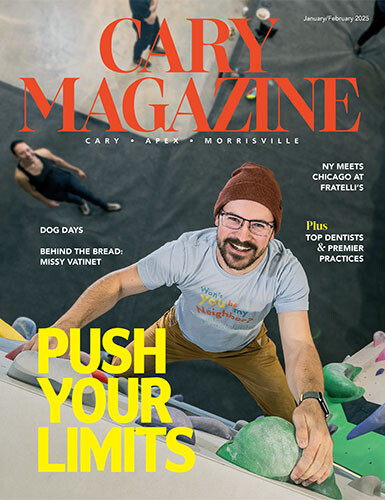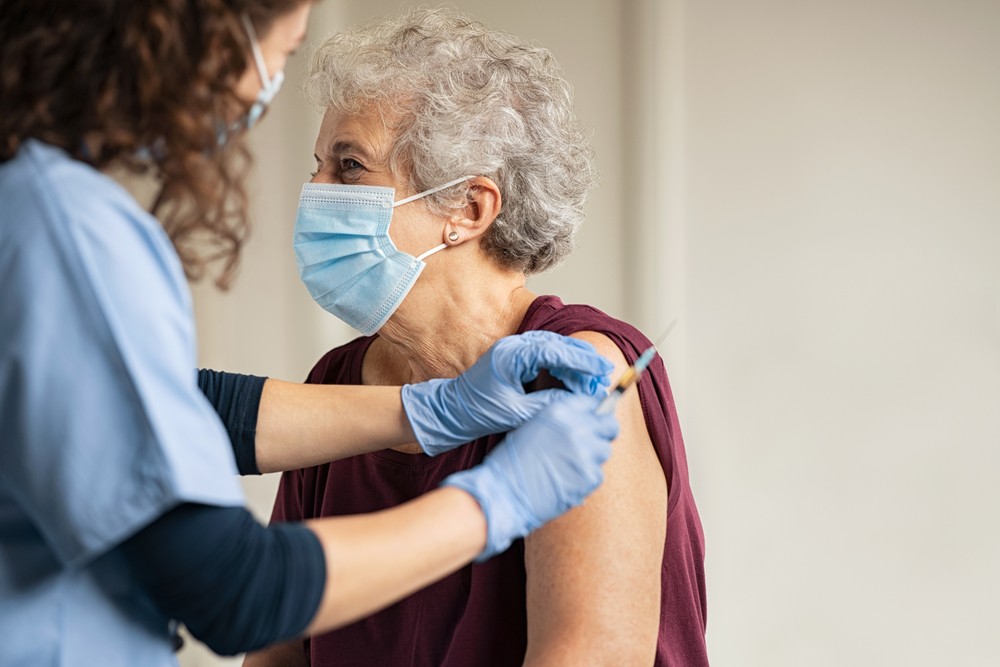The availability of two coronavirus disease 2019 (COVID-19) vaccines is a big step forward in helping to beat the virus and return to a more normal life. People all over the world are eagerly waiting for their turn to receive the vaccinations. Still, not everyone is convinced, and misinformation about the COVID-19 vaccines has spread nearly as fast as the virus itself.
When deciding whether to get vaccinated, it’s important to separate myths from facts. Here are five things to know about the COVID-19 vaccines.
The vaccines are safe, and the standard development process was followed.
The COVID-19 vaccines have been through every stage of clinical trials that would normally take place for a vaccine. The U.S. Food and Drug Administration (FDA) followed all required steps, and the Centers for Disease Control and Prevention (CDC) and the Advisory Committee on Immunization Practices have been actively involved in the evaluation process.
“It is very important to understand that it is just not possible to get a vaccine into humans without doing all the necessary steps,” said UNC Health infectious disease expert Dr. Cynthia Gay, who leads the Moderna clinical trial at UNC. “It is a requirement that the FDA review a series of data initially in animals, then phase I studies, then phase II studies before we get to a phase III study.”
An independent Data and Safety Monitoring Board also reviews all data and reports findings to the National Institute of Allergy and Infectious Diseases.
The vaccine development timelines were accelerated because teams of scientists all over the world worked together and around-the-clock — not because they skipped any steps.
“Early in the pandemic, there was recognition by the people who spend their lives and careers thinking about vaccines and prevention that we really needed COVID-19 vaccines,” Gay said. “People with considerable expertise and leadership combined efforts to eliminate some of the barriers and the time it normally takes to get a vaccine from development through to phase III study. But no safety steps were skipped.”
The primary barrier is usually funding. Typically, it takes time to get funding for each phase of a vaccine clinical trial because companies want to be sure that candidates successfully pass through each step in the development process before funding the next phase. Given the devastation caused by the COVID-19 pandemic, there was a vested interest among organizations and numerous companies to ensure that funding was not an obstacle.
“If you removed the steps and requirements of having to apply for funding at many stages, you can develop vaccines a lot quicker,” Gay said.
The vaccines do not contain COVID-19.
None of the COVID-19 vaccines in trials in the U.S., including the mRNA vaccines, contain the virus that causes COVID-19. They cannot cause infection. You cannot “catch” COVID-19 from mRNA vaccines. Instead of exposing your body to a weakened version of the virus, the way some vaccines work, mRNA vaccines send cells a tiny genetic message, or instructions for the body to make a protein that triggers an immune response.
In other words, think of mRNA vaccines as a text message to our cells, telling them to make some of the virus proteins. The body sees these proteins and reacts by making antibodies against them. Antibodies are proteins that the body’s immune system produces to attack things the body considers to be foreign, such as viruses. Depending on the virus, you can become immune — or resistant — if you develop antibodies to it.
The mRNA in the vaccines does not interact with human DNA; it simply teaches the immune system how to recognize the virus.
You still need to be vaccinated even if you’ve had COVID-19.
The CDC recommends that all eligible people receive a COVID-19 vaccine, regardless of their prior infection status, because the vaccines may produce longer-lasting immunity.
“At this time, we do not know how long immunity lasts for those who were previously infected, and we have seen people contract COVID-19 more than once,” Gay said. “What we do know is that COVID-19 has caused very serious illness and death for a lot of people. If you get COVID-19, you also risk giving it to others who may get very sick. Getting a COVID-19 vaccine is a safer choice to protect yourself, your loved ones and our community.”
However, if you have recently been diagnosed with COVID-19 or test positive for COVID-19 between your first and second doses, you should not come to a medical facility to receive a vaccine until you are past your infectious period.
If you have experienced any symptoms, your infectious period is 10 days after your symptoms began plus 24 hours without a fever if you did not need to come to the hospital for treatment.
If you tested positive for COVID-19 but did not have any symptoms, your infectious period is 10 days after your first positive test.
If you were diagnosed with COVID-19 and received treatment with a monoclonal antibody or convalescent plasma, the CDC advises that you wait at least 90 days before receiving a COVID-19 vaccine. This is because the antibodies in these treatments could interfere with the vaccines.
Most people with allergies still can get the vaccines.
The majority of patients with allergies can safely receive the COVID-19 vaccines. Only those who have severe allergies to the specific components of the COVID-19 vaccines should not receive one. If you have had severe reactions to other vaccines or injectable medications, you can probably get the COVID-19 vaccines, but talk with your doctor first.
For all other types of allergies, including to food, pollens, pets, insect stings, latex and oral medications, the COVID-19 vaccines are safe and highly recommended, says Dr. Edwin Kim, director of the UNC Food Allergy Initiative.
Everyone who gets a COVID-19 vaccine, regardless of allergy history, is monitored afterward to make sure he or she doesn’t have a reaction. Everyone is monitored for at least 15 minutes after getting the shot, and those with a history of severe allergic reactions will be monitored for 30 minutes. It is important to share any history of severe allergic reactions to those providing a COVID-19 vaccine so you can be monitored appropriately.
“Although the likelihood of a bad reaction is very small, our patients’ safety is our priority, and our medical staff are fully prepared. It’s part of the rules on administering vaccines that there is an observation period, all the right medication (epinephrine) is available and everyone has the right training to make sure we keep you safe,” Kim said.
You’ll still need to wear a mask and practice physical distancing.
Even after you are vaccinated, you still need to take the same precautions you were taking before receiving the vaccine—wearing a mask, washing your hands frequently and staying 6 feet apart from others whenever possible.
“For some time after we get the vaccine, we will need to continue doing those things, because not everyone will get vaccinated,” Gay said. “Also, vaccines are not 100 percent protective, and we don’t yet know if they will prevent asymptomatic infection.”
That means that while the vaccines are 95 percent effective at preventing symptomatic cases of COVID-19, we don’t yet know if they prevent spreading the virus to others even if you don’t have any symptoms.
“I don’t think anyone wants to relax the precautions, or get the infection, even if they have no symptoms, pass it along to someone else who’s at risk for severe disease and could get quite sick,” Gay said. “We’ll get to where we want to be much quicker if everybody follows all the recommended precautions, including getting the vaccine when they’re eligible.”
This article originally appeared on the UNC Health Talk blog. It is used with permission. For more information about UNC Health Care, visit unchealthcare.org.





